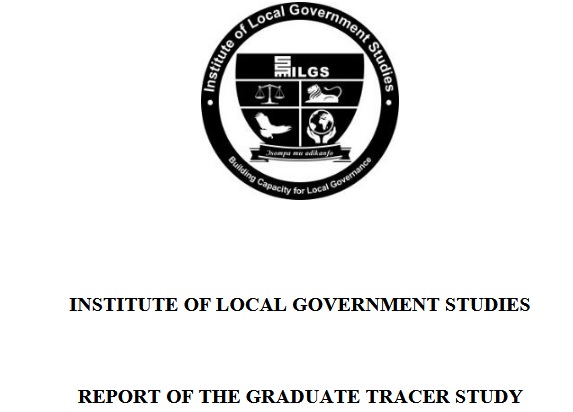Introduction
Higher educational institutions globally are under pressure to improve the employability of their graduates as a measure of the quality and effectiveness of their study programmes. Kinash et al. (2016) and Shah et al. (2015) postulate that the effectiveness of study programmes at higher institutions is increasingly being measured by graduate success at the workplace. Thus, an effective study programme in a tertiary institution is considered as one designed and delivered in a way that is well-aligned with the learning needs of its targeted population, such that it produces relevant skills gain that lead to beneficial employment successes (Palameta et al., 2011; World Economic Forum Global Agenda Council on Employment, 2014). Employability in the higher education context is considered as institutions having supported graduates to develop generic and disciplinary skills, knowledge and attributes, as well as the identity, thereby enabling them to thrive beyond graduation (Kinsh et al.,2016; Australian Association of Graduate Employers, 2011). It has been established that there is growing recognition of higher education curricula, resources and services not optimally suited to support employability and employment outcomes (Kinash et al.,2016; Dickinson, 2000).


